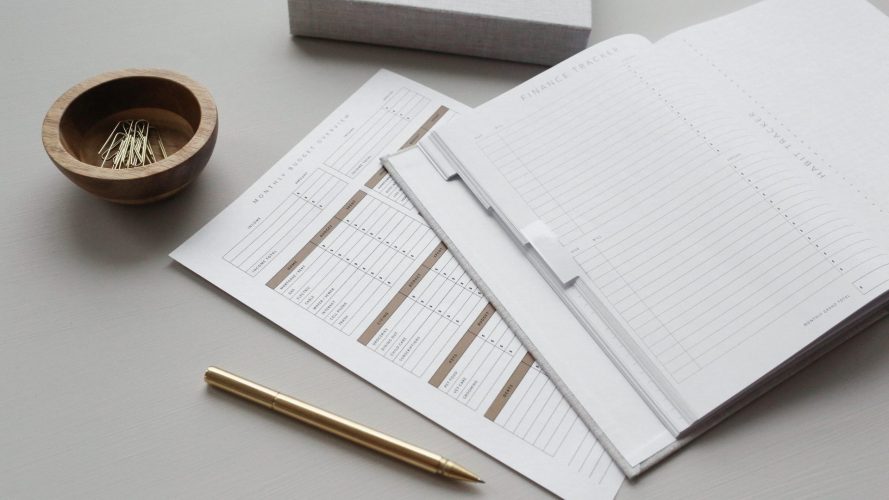Apps like Too Good To Go help you find good and cheap food from restaurants and stores near you and keep it out of the trash can. Take advantage of money-saving deals at the supermarket, but only if they really make sense. And another big expense for many students: coffee to go. If you regularly get your coffee-to-go from the barista you trust, you are spending a ton of money. However, if you prepare your own coffee and only treat yourself to your favorite coffee occasionally, it will be easier on your wallet and also save a lot of waste. Here you can find more tips to avoid plastic.


With your student card, you automatically have access to a variety of discounts and freebies. You should not miss out on these! With streaming services and other providers on the Internet, you can often sign up for free trial subscriptions or benefit from savings offers. No matter whether you are buying a new laptop or setting up a checking account: Check before each purchase to take advantage of student discounts. In addition to local student discounts at restaurants, bars, or stores, even movie theaters, hair salons and event organizers often have special rates for students. If you want to save even more, you should check out the International Student Identity Card offer, which even provides you with especially good rates abroad. After all, the small annual fee quickly pays for itself with all the student discounts.
In addition to the fixed costs for housing and everyday life, there are of course other expenses for food, going out and leisure activities. But how much is left over for the latter depends on the balance of your bank account. If you do not know exactly how much you need to live on each month, get yourself a budget book or collect your expenses conscientiously in an Excel list. A budget book, whether digital or a small notebook, helps you keep track of your expenses and plan realistically for the future. If you are always short of money, you should create as much transparency as possible regarding your finances.
